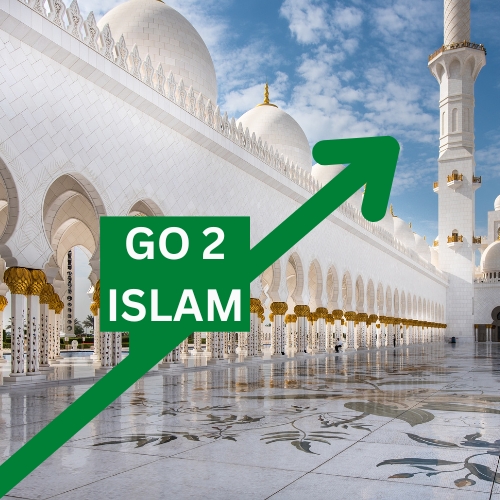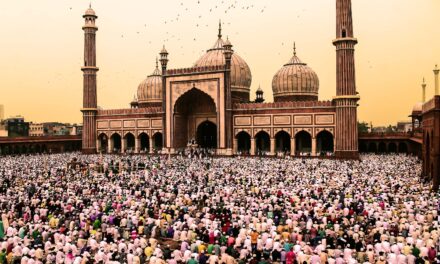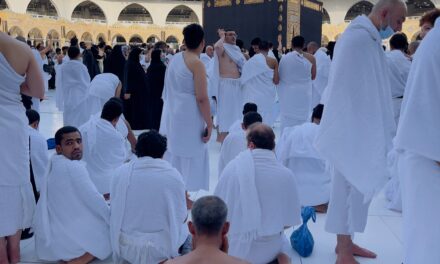Ramazan is a sacred month in the Islamic calendar that is highly revered by Muslims worldwide. It is a month of self-purification, introspection, and spiritual growth, during which Muslims fast from dawn until sunset. Fasting during Ramazan is one of the Five Pillars of Islam, which are the fundamental principles of the faith that all Muslims are required to follow. The fast is an act of worship that helps to discipline the body, purify the soul, and cultivate a sense of empathy and compassion for those less fortunate. Muslims also engage in increased acts of worship during Ramazan, such as reciting the Quran, offering prayers, giving charity, and performing good deeds. The month of Ramazan is considered to be a time of great spiritual significance because it is believed to be the month in which the Quran was first revealed to the Prophet Muhammad. Muslims are encouraged to seek forgiveness for their past sins and to extend forgiveness to others during this month. Ramazan is also a time for family, community, and unity. Muslims often gather for iftar and tarawih prayers, which are extra congregational prayers held during the month. It is a time for giving to those in need, with many Muslims donating to charity and providing food for the less fortunate. In conclusion, Ramazan is a month of deep spiritual significance in Islam, marked by acts of worship, self-reflection, and community engagement.
The month of Ramazan is highly anticipated by Muslims all over the world, as it is a time of immense spiritual significance. It is a time of heightened awareness of one’s faith and the duties and responsibilities that come with it. The fast is the most important aspect of Ramazan, and it is a time when Muslims abstain from food, drink, and other physical needs from dawn until sunset. The fast is broken each evening with a meal called iftar, which is a time for families and friends to gather and share in the blessings of the month. Muslims also engage in increased acts of worship during Ramazan, such as reciting the Quran, offering prayers, giving charity, and performing good deeds. These acts of worship are a means of seeking nearness to Allah and seeking His forgiveness and mercy.
Fasting during Ramazan is a means of training oneself to develop self-discipline, self-control, and self-restraint. It helps to develop a sense of empathy and compassion for those less fortunate, as well as a deeper understanding of the importance of food and sustenance. Fasting is also a means of purifying the soul and freeing oneself from negative thoughts and behaviors. It helps to strengthen the relationship between the individual and Allah, and to develop a deeper sense of spirituality.
The month of Ramazan is also a time for spiritual reflection and self-improvement. Muslims are encouraged to engage in acts of charity, such as giving to the poor and feeding the hungry. This is a means of fulfilling one of the most important obligations in Islam, which is to help those in need. Muslims are also encouraged to seek forgiveness for their past sins and to make amends for any wrongs they may have committed. This is a time for self-reflection and introspection, and an opportunity to make positive changes in one’s life.
The recitation of the Quran during Ramazan is also a major aspect of the month. Muslims are encouraged to recite the entire Quran during the month, either individually or in groups. The Quran is believed to be the word of Allah and is considered to be the ultimate source of guidance and wisdom. Muslims believe that the recitation of the Quran during Ramazan brings immense blessings and rewards, and is a means of seeking nearness to Allah.
Another important aspect of Ramazan is the tarawih prayers, which are extra congregational prayers held after the evening prayer. These prayers are performed in groups and involve the recitation of specific chapters of the Quran. The tarawih prayers are a means of seeking nearness to Allah and are considered to be highly meritorious. They are also a means of strengthening the bond between Muslims and creating a sense of community and belonging.
The month of Ramazan is also a time for family, community, and unity. Muslims often gather for iftar and tarawih prayers, which are extra congregational prayers held during the month. These gatherings provide an opportunity for families and friends to come together and share in the blessings of the month. It is also a time for giving to those in need, with many Muslims donating to charity and providing food for the less fortunate. This is a means of fulfilling the obligation of zakat, which is the giving of a portion of one’s wealth to those in need.
Ramazan is a time for increased acts of worship, self-reflection, and community engagement. It is a time for Muslims to come together and strengthen their bonds of brotherhood and sisterhood. It is a time for seeking forgiveness and developing a deeper sense of spirituality. It is a time for giving to those in need and fulfilling one of the most important obligations in Islam. Ramazan is a month of immense spiritual significance in Islam, and it is a time that is eagerly anticipated.




